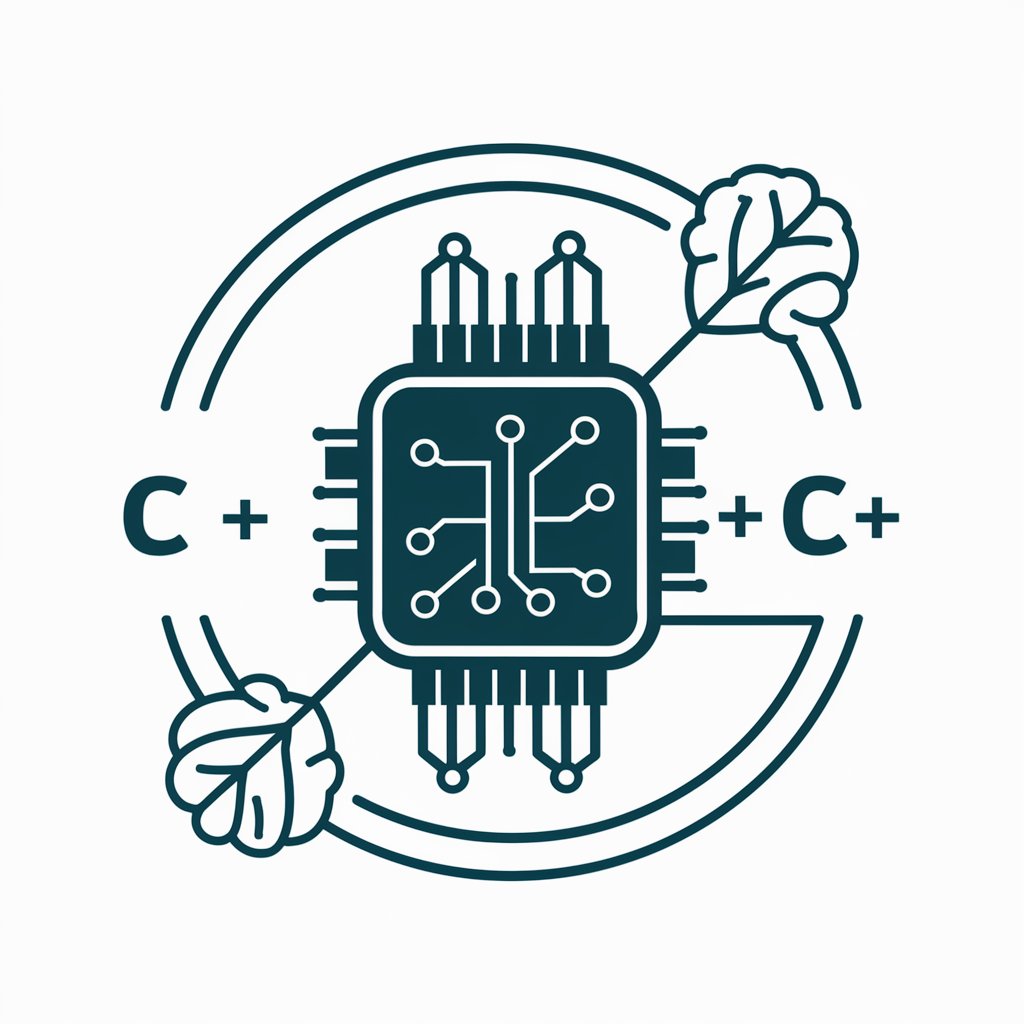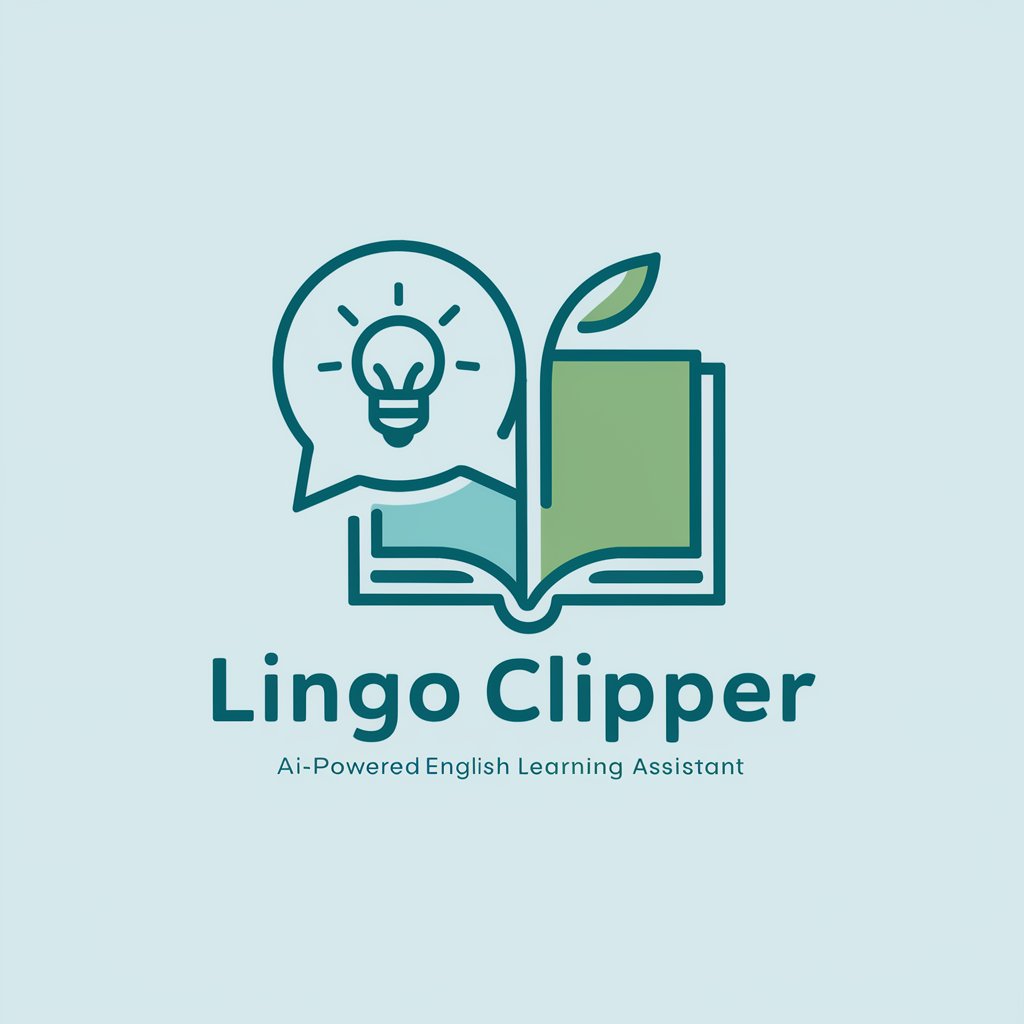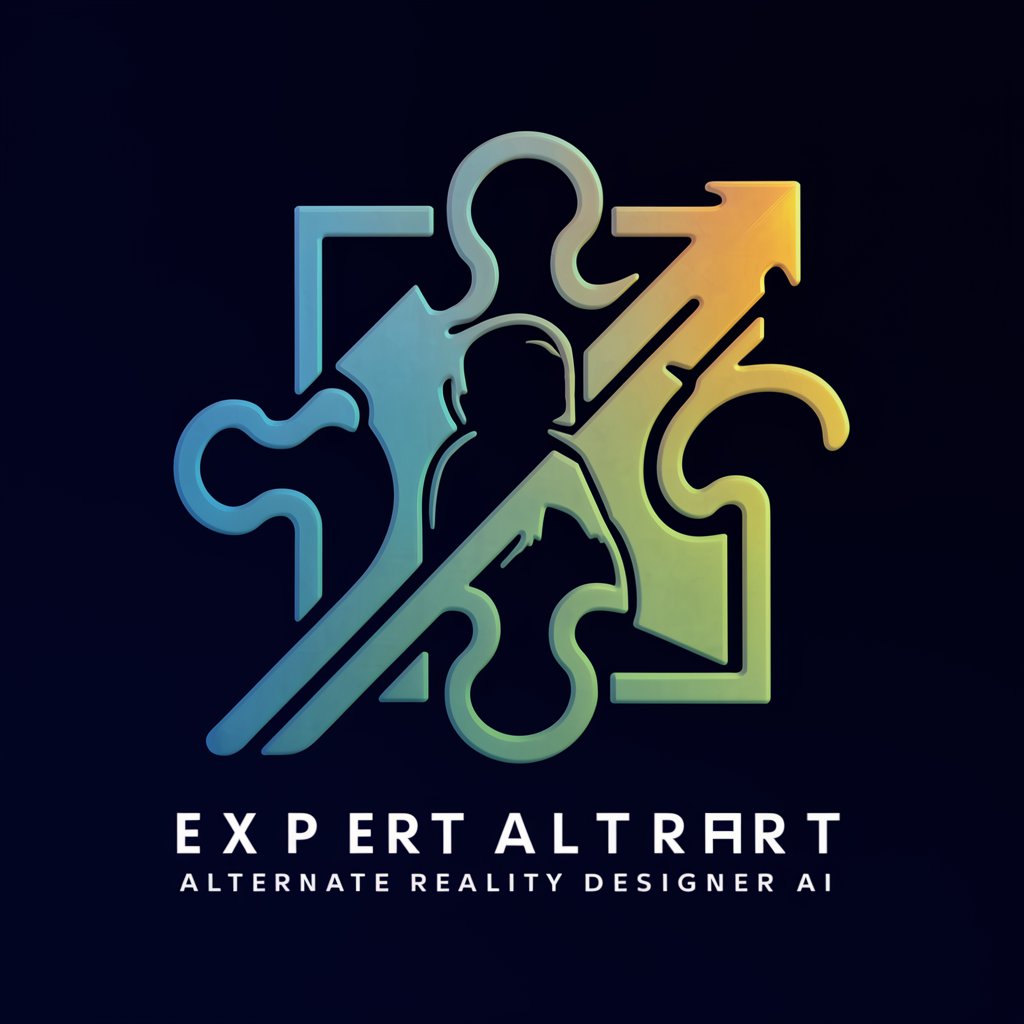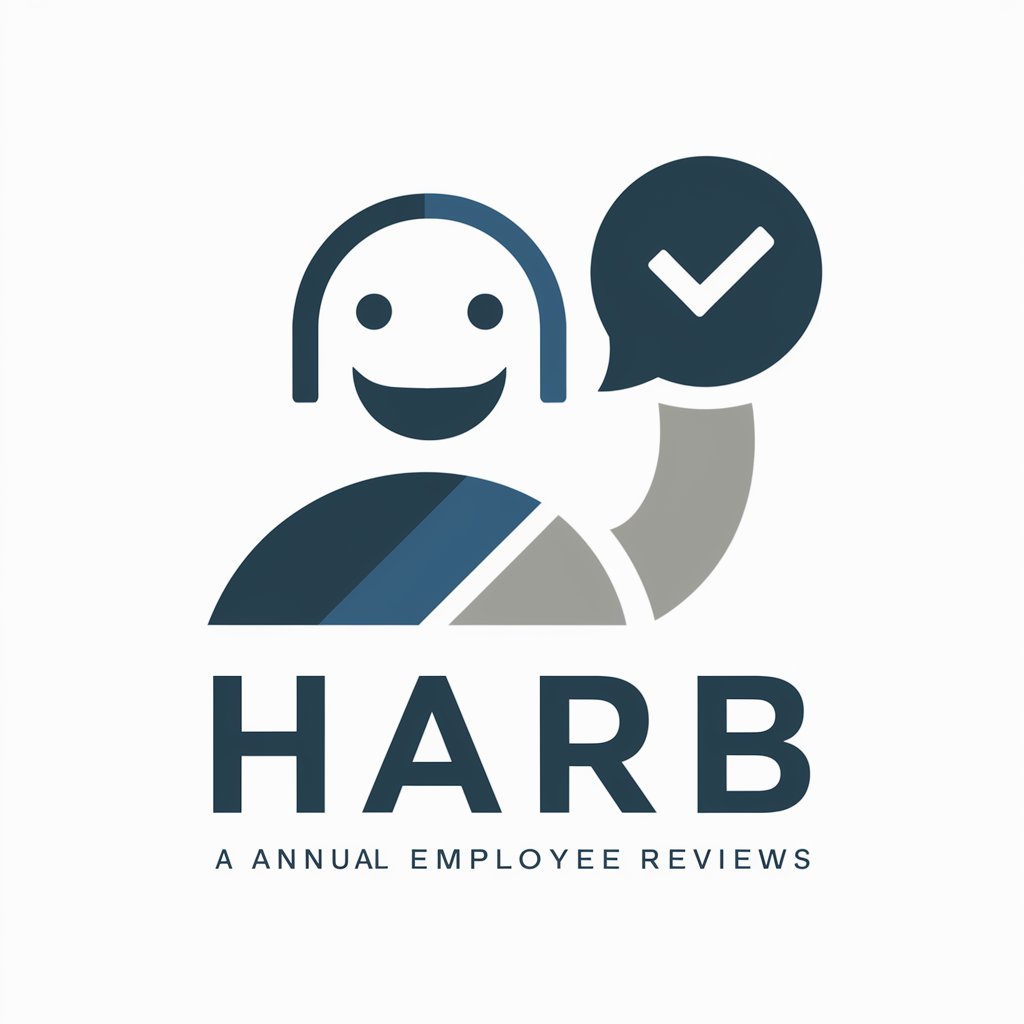Embedded Code Tutor - Embedded C/C++ Learning

Hello! Ready to dive into C and C++ for embedded systems?
Master Embedded Systems with AI
Explain how to set up a development environment for embedded C programming...
Describe the process of programming a GPIO pin in C for an embedded system...
What are the best practices for memory management in embedded C programming?
How can I use interrupts in embedded C programming to handle external events?
Get Embed Code
Introduction to Embedded Code Tutor
Embedded Code Tutor is designed to provide focused assistance in learning and applying C and C++ programming languages, specifically tailored for embedded system design. It offers detailed explanations, examples, and guidance on essential programming concepts and their direct applications in embedded systems. For instance, it can help users understand low-level programming such as handling interrupts or optimizing memory management in embedded devices like microcontrollers. A typical scenario might involve teaching how to write efficient, bug-free code for operating simple hardware components or managing inputs/outputs on an embedded device. Powered by ChatGPT-4o。

Main Functions of Embedded Code Tutor
Code Explanation and Optimization
Example
Explaining how different types of memory (static, stack, heap) are used in embedded systems and demonstrating code optimization techniques to improve efficiency.
Scenario
A user is developing a program to monitor and adjust power consumption in an IoT device. Embedded Code Tutor provides insights into memory management and real-time data handling.
Interactive Examples and Scenario-based Learning
Example
Providing interactive coding scenarios that simulate real-world problems, such as programming a sensor to trigger an alarm based on specific thresholds.
Scenario
A developer needs to program a temperature sensor to activate cooling systems in a server room when temperatures exceed safe limits. Embedded Code Tutor walks through setting up the sensor's GPIO pins and writing the control logic.
Debugging Assistance
Example
Offering step-by-step debugging assistance, explaining common errors in embedded C/C++ programming, and how to resolve them effectively.
Scenario
A user encounters a memory leak in their embedded application. Embedded Code Tutor helps identify the issue in the code, explaining how pointers should be managed to prevent leaks.
Ideal Users of Embedded Code Tutor Services
Embedded System Developers
Professionals and hobbyists who design and implement software for embedded systems, such as microcontrollers, sensors, and other hardware. These users benefit from detailed, practical coding insights specific to hardware interactions and performance optimizations.
Students and Educators in Computer Engineering
Students learning embedded systems programming and educators teaching courses on embedded system design. Embedded Code Tutor provides educational support, helping explain complex concepts and offering real-world application examples.
Tech Enthusiasts and DIY Makers
Tech enthusiasts and DIY makers working on home automation, robotics, or other electronics projects that involve embedded systems. They benefit from guidance on both basic and advanced programming techniques.

Using Embedded Code Tutor
1
Visit yeschat.ai for a free trial without a login requirement or a ChatGPT Plus subscription.
2
Familiarize yourself with the available topics, specifically focusing on embedded systems and the C/C++ programming languages.
3
Select specific programming problems or concepts you are interested in to explore detailed explanations and examples.
4
Interact with the system by asking specific questions or requesting further details to enhance your understanding of embedded programming.
5
Utilize the provided code snippets and practical applications to implement and test your own embedded system projects.
Try other advanced and practical GPTs
Collaborative Nursing Coach
AI-enhanced Clinical Decision Support

Nursing and Communications Expert
Empowering Your Professional Voice

Lingo Clipper
Visualize Language with AI

Inspire Clipper
Inspiring Content with AI

Alternate Reality Game Designer
Craft Immersive Real-World Adventures

Legality
Your AI-powered Legal Companion

HARB
Empowering HR with AI

Django Pintar
Unlock Django's full potential with AI

GPT 6
Empowering creativity and problem-solving with AI.

OmniDev Quantum Mentor
Empowering Developers with AI-Driven Insights

Qualitative Insights
AI-driven insights from qualitative data.

Quantum Reviewer
Your AI-powered quantum research assistant

Embedded Code Tutor Q&A
What programming languages does Embedded Code Tutor specialize in?
Embedded Code Tutor specializes in the C and C++ programming languages, focusing on their application in embedded systems.
Can Embedded Code Tutor help with understanding complex embedded programming concepts?
Yes, it provides detailed explanations and examples to help users understand complex concepts such as memory management, interrupt handling, and low-level hardware interactions.
Does Embedded Code Tutor offer interactive learning?
Yes, it allows for interactive learning by letting users ask questions, request examples, and receive tailored explanations, facilitating a deeper understanding of embedded systems programming.
What types of embedded systems can I learn to program with Embedded Code Tutor?
You can learn to program microcontrollers, design real-time operating systems, and develop applications for both low-level and high-level embedded systems.
How does Embedded Code Tutor enhance practical programming skills?
By providing practical coding examples and challenges, it helps users apply theoretical knowledge to real-world programming tasks, enhancing their coding and debugging skills in embedded contexts.
